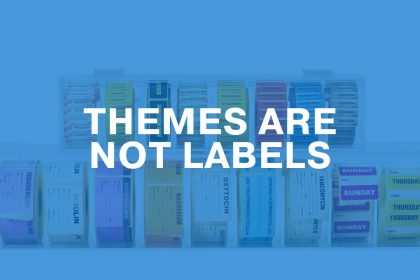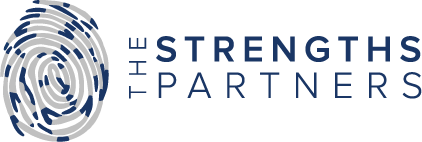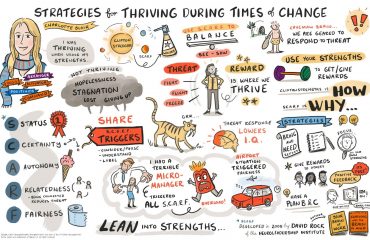
Humans are way too complex to be described by one word.
In a world that often seeks to categorize and pigeonhole individuals into neat boxes, the CliftonStrengths assessment stands out as a beacon of empowerment and self-discovery. Developed by Gallup, this assessment helps individuals identify their natural talents and strengths, enabling them to leverage these attributes for personal and professional success. However, it’s essential to recognize that CliftonStrengths themes are not mere labels; they are dynamic aspects of an individual’s identity that offer profound insights and opportunities for growth.
At its core, the CliftonStrengths assessment identifies 34 unique themes, ranging from Achiever to Woo, each representing a different facet of human potential. These themes encompass a broad spectrum of abilities, from strategic thinking and relationship building to execution and influencing skills. Yet, it’s crucial to understand that these themes are not fixed categories or limitations but rather fluid dimensions of one’s personality that can evolve over time.
One of the key distinctions of the CliftonStrengths approach is its emphasis on strengths-based development. Instead of focusing solely on remedying weaknesses, the assessment encourages individuals to harness their innate talents and invest in areas where they excel. This shift in perspective fosters a culture of positivity and empowerment, enabling individuals to maximize their potential and achieve greater levels of success.
CliftonStrengths themes provide a common language for communication and collaboration within teams and organizations. By understanding each team member’s unique strengths, leaders can optimize team dynamics, foster collaboration, and assign roles that align with individual talents. This not only enhances productivity but also promotes a culture of appreciation and inclusivity, where each team member feels valued for their contributions.
However, it’s essential to recognize that CliftonStrengths themes are not static labels that define individuals in perpetuity. Instead, they serve as a starting point for self-awareness and personal growth. As individuals engage in ongoing development and life experiences, their strengths may evolve, deepen, or manifest in new ways. Therefore, it’s crucial to approach CliftonStrengths as a journey of discovery rather than a fixed destination.
It is important to avoid the trap of using CliftonStrengths themes as a means of categorizing or stereotyping individuals. Each person is a unique blend of strengths, experiences, and aspirations, and reducing them to a single label undermines the richness and complexity of their identity. Instead, we should celebrate the diversity of strengths within individuals and recognize that everyone has something valuable to contribute.
CliftonStrengths themes are not labels but rather dynamic dimensions of individual identity that offer profound insights and opportunities for growth. By embracing a strengths-based approach to development and fostering a culture of appreciation and inclusivity, we can unlock the full potential of individuals and teams alike. So let us celebrate the uniqueness of each person’s strengths and continue on our journey of self-discovery and empowerment.




